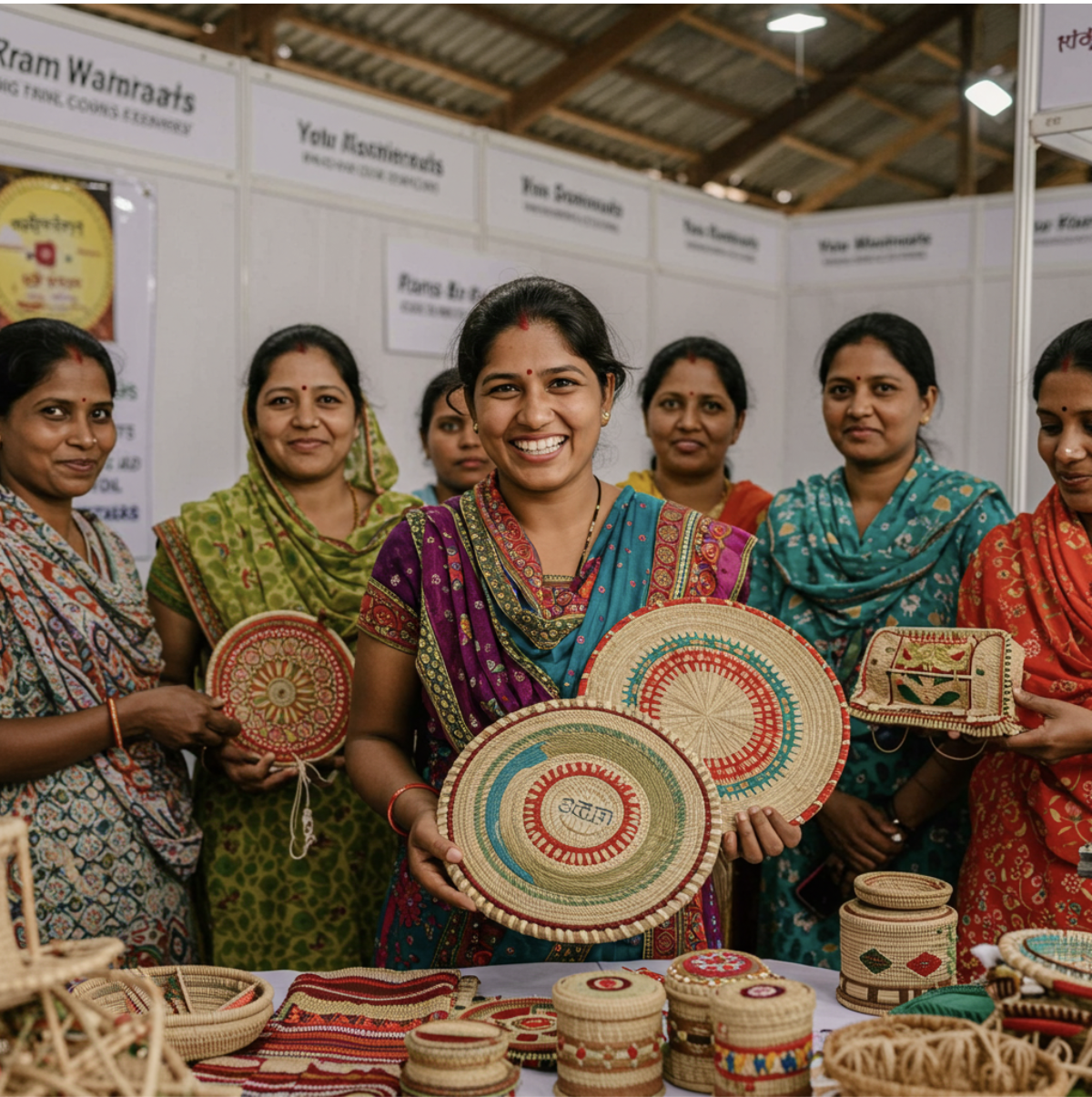Sustainable Tourism in Bihar: Combining Culture and Modern Skills for Growth

Sustainable Tourism in Bihar: Combining Culture and Modern Skills for Growth
Bihar’s deep historical roots and cultural heritage offer immense potential for tourism. From ancient ruins to vibrant local festivals, the state is a treasure trove for travelers seeking authentic experiences. However, unchecked tourism can threaten local ecosystems and traditions. Schola Classes advocates for sustainable tourism models that empower communities to manage growth responsibly while preserving their heritage.
1. Why Sustainable Tourism Matters
- Balancing Growth and Preservation
- Harnessing untapped sites without over-commercializing them.
- Economic Empowerment
- Boosting income through homestays, local guide services, and artisanal sales.
- Showcasing Cultural Pride
- Promoting local art, festivals, and traditions on a global stage.
2. Challenges in Tourism Development
- Infrastructure Gaps
- Poorly maintained roads and inconsistent public transport in rural areas.
- Lack of Trained Personnel
- Scarcity of professional guides and hospitality staff outside major cities.
- Limited Marketing Reach
- Hidden gems often remain under the radar without effective promotion.
3. Schola Classes’ Initiatives
- Destination Management Training
- Workshops on travel itinerary planning, resource management, and sustainable practices.
- Hospitality and Soft Skills
- Modules to develop guest relations, conflict resolution, and digital marketing for tourism.
- Digital Marketing and Storytelling
- Training local stakeholders to build an online presence and share their unique stories.
4. Success Stories
- Homestays in Nalanda District
- Rural households transformed into popular tourist accommodations after targeted training.
- Eco-Friendly River Tours
- Youth-led initiatives that offer sustainable boat tours, combining safety and environmental care.
Conclusion:
Schola Classes is at the forefront of fostering sustainable tourism in Bihar, blending cultural heritage with modern management skills to ensure long-term economic and environmental benefits.